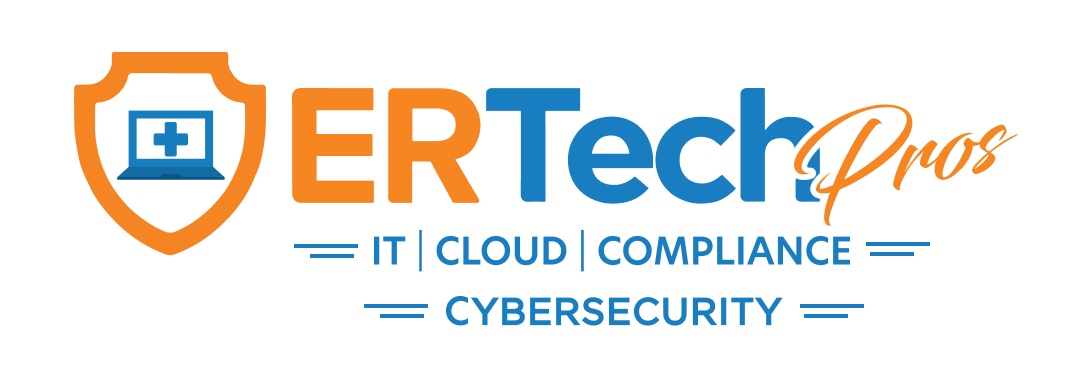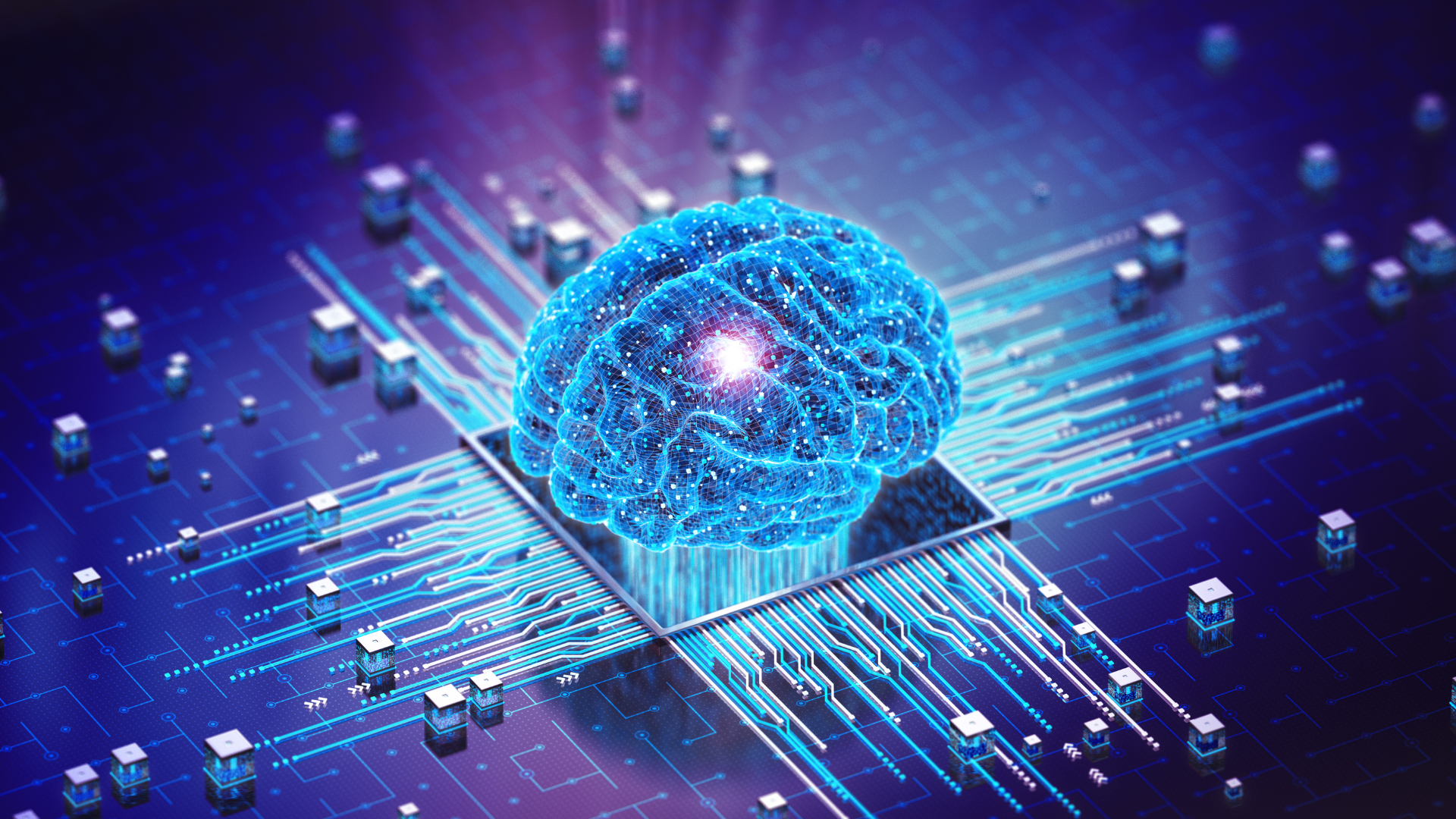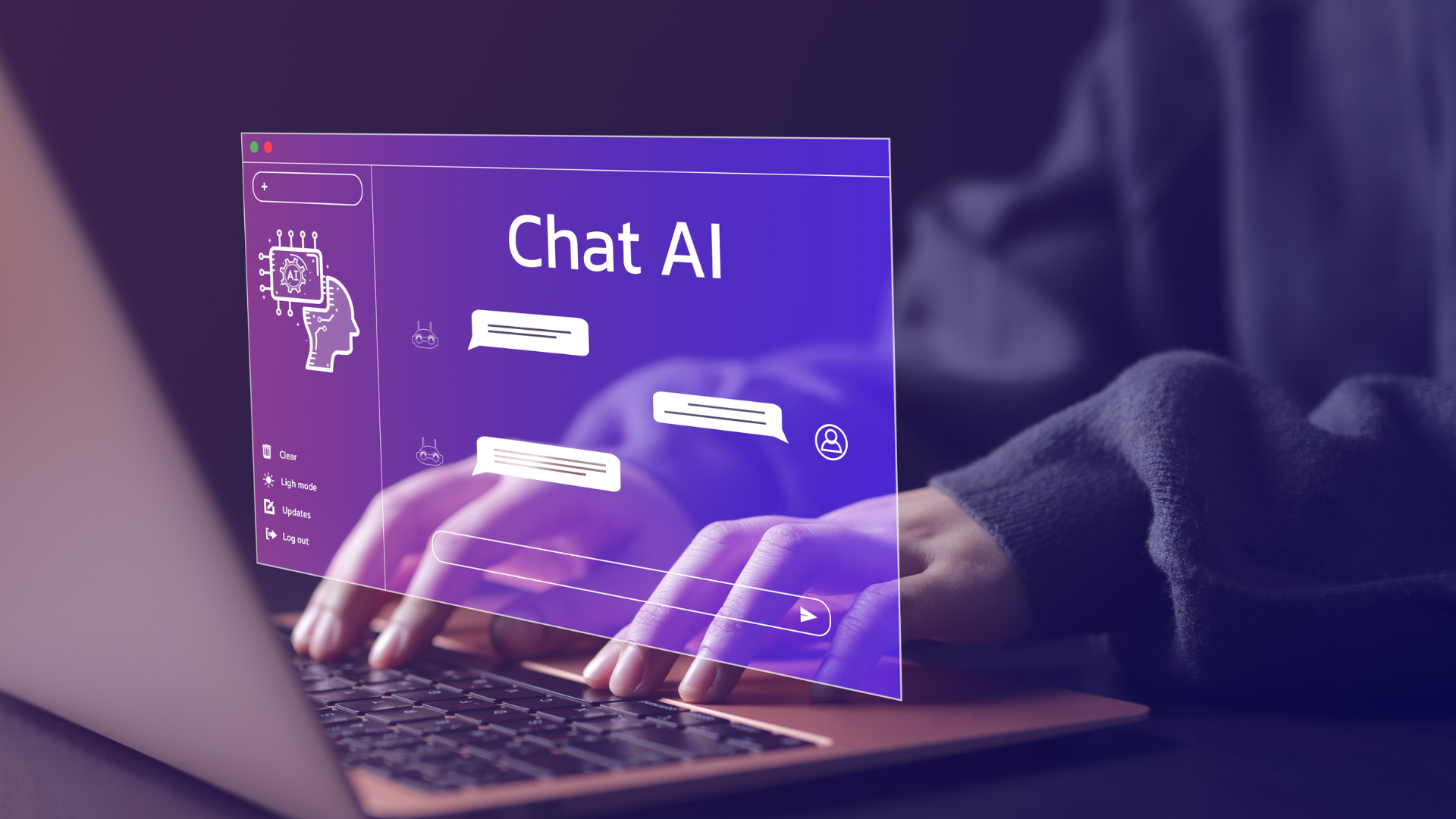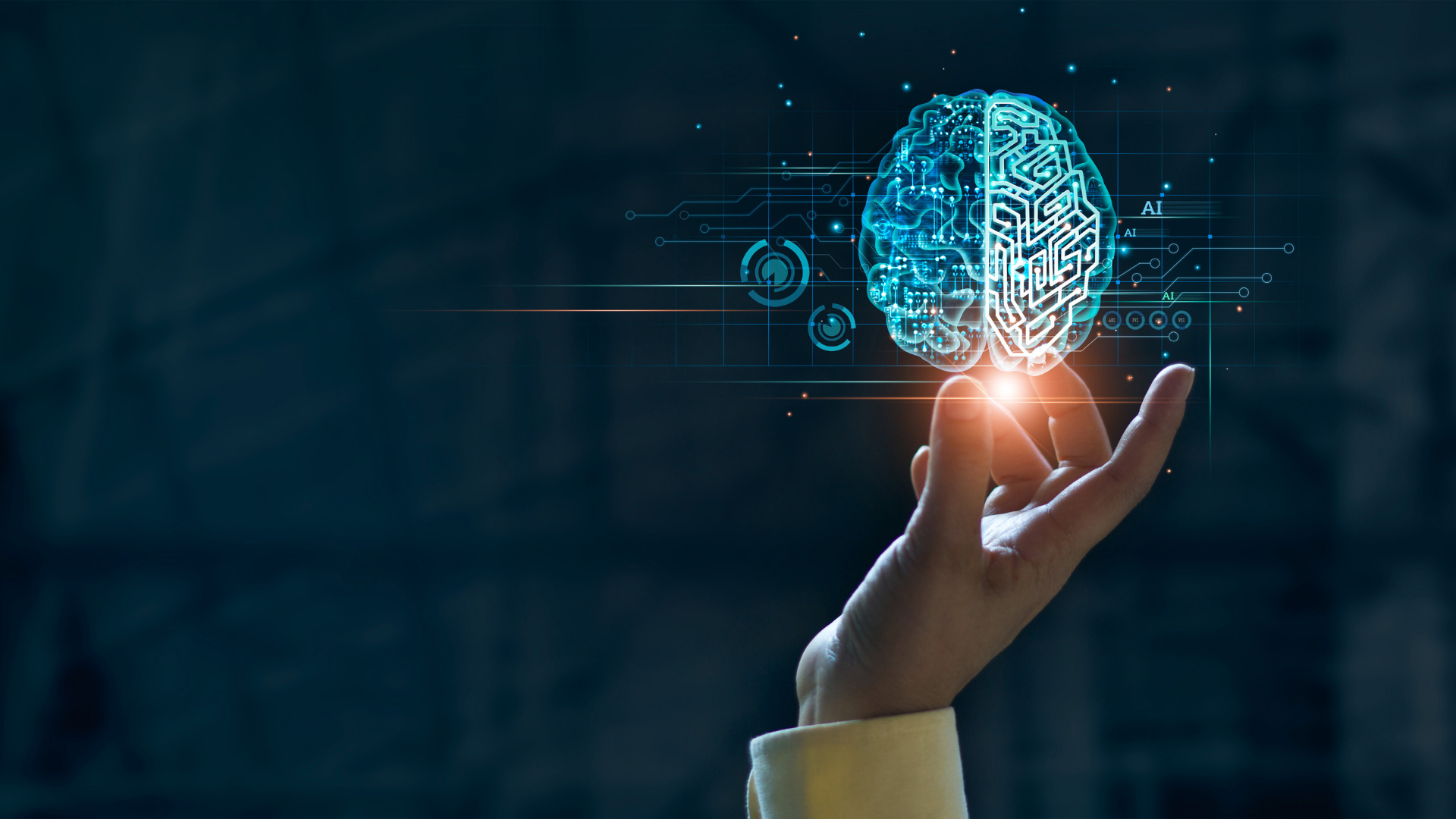As industries and sectors around the world continue to shift from analog to digital at record-breaking speed, the symbiotic relationship between artificial intelligence (AI) and cybersecurity becomes undeniably evident.
The Google Cloud Cybersecurity Forecast 2024 points out that while new technologies like AI promise to revolutionize cybersecurity practices, they can also expand the attack surface and introduce new vulnerabilities and threats.
The report predicts that the evolving world of generative AI will provide attackers with new ways to conduct convincing phishing campaigns and information operations at scale in the coming year. However, cybersecurity defenders will use the same technologies to strengthen adversary detection, response, and attribution.
As businesses strive to safeguard their digital assets in an increasingly hostile environment, the integration of AI in cybersecurity emerges as both a promising solution and a potential minefield.
AI and Cybersecurity: How They Work Together
With its ability to analyze vast amounts of data in real time, detect anomalies, and automate threat responses, AI has immense potential to propel cybersecurity to greater heights.
So, how is AI used in cybersecurity? And how will AI affect cybersecurity? Technology media company,
TechTarget, enumerates the following potential benefits of AI integration in cybersecurity:
- AI can detect, analyze, and respond to security threats faster than traditional security tools.
- AI can understand an organization's networks and systems.
- AI can analyze large amounts of data to detect unusual activity.
- AI can suggest options to address the vulnerabilities it discovers.
Security systems powered by machine-learning algorithms can identify and thwart sophisticated cyberattacks with unprecedented speed and accuracy. Companies like
CrowdStrike utilize AI-driven algorithms to proactively detect and mitigate cyber threats, fortifying organizations against growing security risks.
Read More:
ER Tech’s Cybersecurity Tech Company of Choice: CrowdStrike
The banking and finance sectors have also greatly benefited from investments in artificial intelligence and cybersecurity, which are promising tools for detecting money laundering.
Thomas P. Vartanian, executive director of the nonprofit
Financial Technology and Cybersecurity Center, explains that manually monitoring millions of transactions every day to look for money laundering cases is humanly impossible. However, by leveraging AI, organizations can uncover previously unnoticed patterns and surveil anomalous activities on a large scale.
The Risks of AI in Cybersecurity
As more and more businesses turn to the convergence of AI and cybersecurity to bolster their digital defenses, it's essential to recognize the inherent risks that come with this integration. Here are a few
Security Magazine underscores:
Algorithmic Biases
Because AI systems rely on data to make decisions, they can inadvertently perpetuate biases present in training data. This could lead to discriminatory or unjust outcomes in cybersecurity-related decisions.
For example, a
study by MIT researcher Dr. Joy Buolamwini reveals that facial recognition algorithms exhibit higher error rates for darker-skinned individuals, highlighting the risk of biased decision-making in AI-driven security solutions.
Adversarial Attacks
AI systems are supposed to have guardrails regarding the type of data they process and learn. However, when malicious actors circumvent these data and inject specially crafted inputs or prompts, they can exploit vulnerabilities and manipulate or deceive the system.
A
recent study by the National Institute of Standards and Technology reveals that malicious actors can corrupt the datasets AI systems rely on even after their training period. As AI continues to refine its behaviors through physical-world interactions, they’re vulnerable to adversarial attacks.
As an unfortunate result, AI systems produce undesirable outputs and incorrect decisions (e.g., chatbots responding with abusive or racist language, security systems providing inaccurate monitoring results, etc.).
Data Privacy Concerns
Because AI systems rely on large amounts of data to train and operate effectively, the proliferation of AI in cybersecurity raises concerns about data privacy and protection.
Where is all this data coming from? Where is it stored? Is it secure? Who can access it? How is access determined?
And these are perfectly valid questions, too, considering even the wildly popular
ChatGPT suffered a data breach in 2023. The event exposed some users’ personal and payment information to other users:
- First and last name
- Email address
- Payment address
- Credit card type
- The last four digits of their credit card number
- Credit card expiration date
Read More:
The Risks of Using ChatGPT in the Workplace
How to Safely Leverage AI in Cybersecurity
“The cybersecurity landscape is constantly evolving, sometimes in new and unexpected ways,” warns
The Google Cloud Cybersecurity Forecast 2024. “Defenders, often with limited resources, have the monumental task of keeping up.”
To safely and effectively harness the power of AI in cybersecurity, businesses must adopt a holistic approach encompassing robust strategies and best practices.
Investing in Cybersecurity Education and Training
Providing employees with the necessary training to understand AI-driven cybersecurity tools and recognize potential threats is crucial, especially if your organization handles sensitive data. By fostering a culture of awareness and proficiency, you can empower your workforce to recognize and respond to emerging cyber threats adeptly.
If you’re not sure how to do this and where to start, partnering with a trusted IT and cybersecurity company is a smart first step.
ER Tech Pros, for example, offers
comprehensive cybersecurity awareness training programs meticulously designed to reduce security risks associated with human error.
From interactive video sessions and instructor-led webinars to
simulated phishing campaigns and targeted training programs, we help equip your team with the knowledge and skills you need to navigate the complexities of AI integration securely.
Read More:
Cybersecurity Awareness Training FAQs
Securing Your Data
By ensuring your data's integrity, confidentiality, and availability, organizations lay a solid foundation for effective AI-driven security measures. Because AI depends on training data to deliver correct outcomes, you can’t afford to have your data modified or
poisoned.
To protect your AI-powered cybersecurity defenses from data poisoning, you should invest in robust data security framework safeguards against unauthorized access and data breaches. These include data encryption,
access control, backup, intrusion detection, and firewall systems.
Another way to protect your data from the privacy risks of AI is by limiting the amount of confidential information you share with the AI system.
If you’re a
software development company, learn from
Samsung’s mistake and keep proprietary code away from AI systems. If you’re a healthcare organization, remember that sharing protected health information (PHI) or any other personally identifiable information on AI systems can be a HIPAA violation. Stay
HIPAA compliant by ensuring AI systems have no access to PHI.
Partnering with Trusted Cybersecurity Experts
AI and cybersecurity are highly complex and rapidly evolving fields, and navigating them effectively will require specialized knowledge and expertise.
Cybersecurity experts have hands-on experience in implementing AI-driven solutions, allowing them to anticipate potential risks and challenges and develop tailored strategies to address these. They can also help promote ethical AI practices within your team and ensure the responsible use of AI in cybersecurity.
Collaborating with experienced IT and cybersecurity providers like ER Tech Pros can provide the guidance and protection you need to manage the intricacies of AI integration.
By tapping into their time-tested experience, highly-trained teams, and advanced technologies, you can enhance your organization’s cybersecurity posture, mitigate risks, and maximize the benefits of AI-driven cybersecurity solutions.
Read More:
Why Your Practice Needs a Cybersecurity Partner
Unlock the Full Potential of AI and Cybersecurity with ER Tech Pros
While AI has tremendous potential to revolutionize cybersecurity practices, businesses like yours must approach its integration cautiously. Be aware of its inherent risks and understand that strategies and safeguards are necessary to mitigate them.
Unfortunately, you can’t do all these alone. You need the guidance, expertise, and support of a trusted cybersecurity partner like
ER Tech Pros.
- Assessment.
We run a comprehensive risk assessment to gain a thorough understanding of your cybersecurity needs and vulnerabilities.
- Audit.
Our in-depth security audit examines your current cybersecurity measures, identifying strengths, weaknesses, and areas for improvement.
- Proactive Monitoring. We continuously scan your systems and networks for vulnerabilities and potential threats.
- Remediation. In the event of a cybersecurity incident, we swiftly contain the threat, mitigate damages, and restore normalcy to your operations.
With ER Tech Pros’ team of
IT,
cloud, and
cybersecurity engineers by your side, you can rest assured that your business is equipped to handle any cybersecurity challenge with confidence and resilience.



















